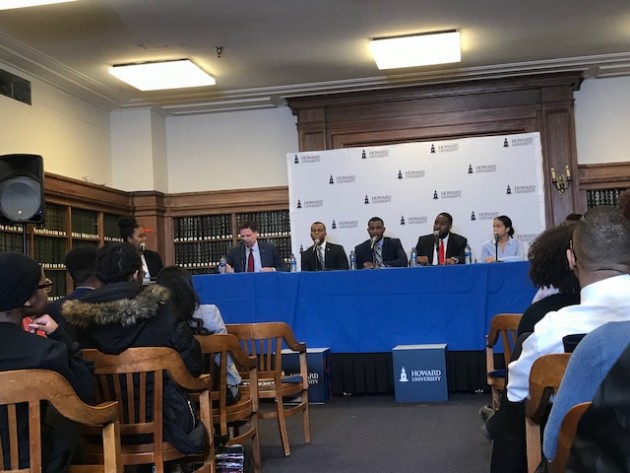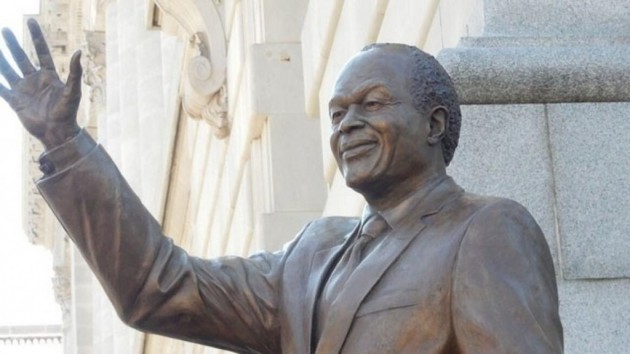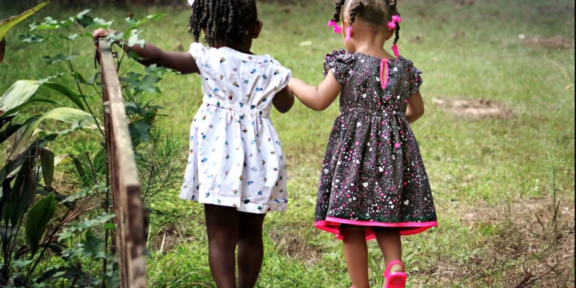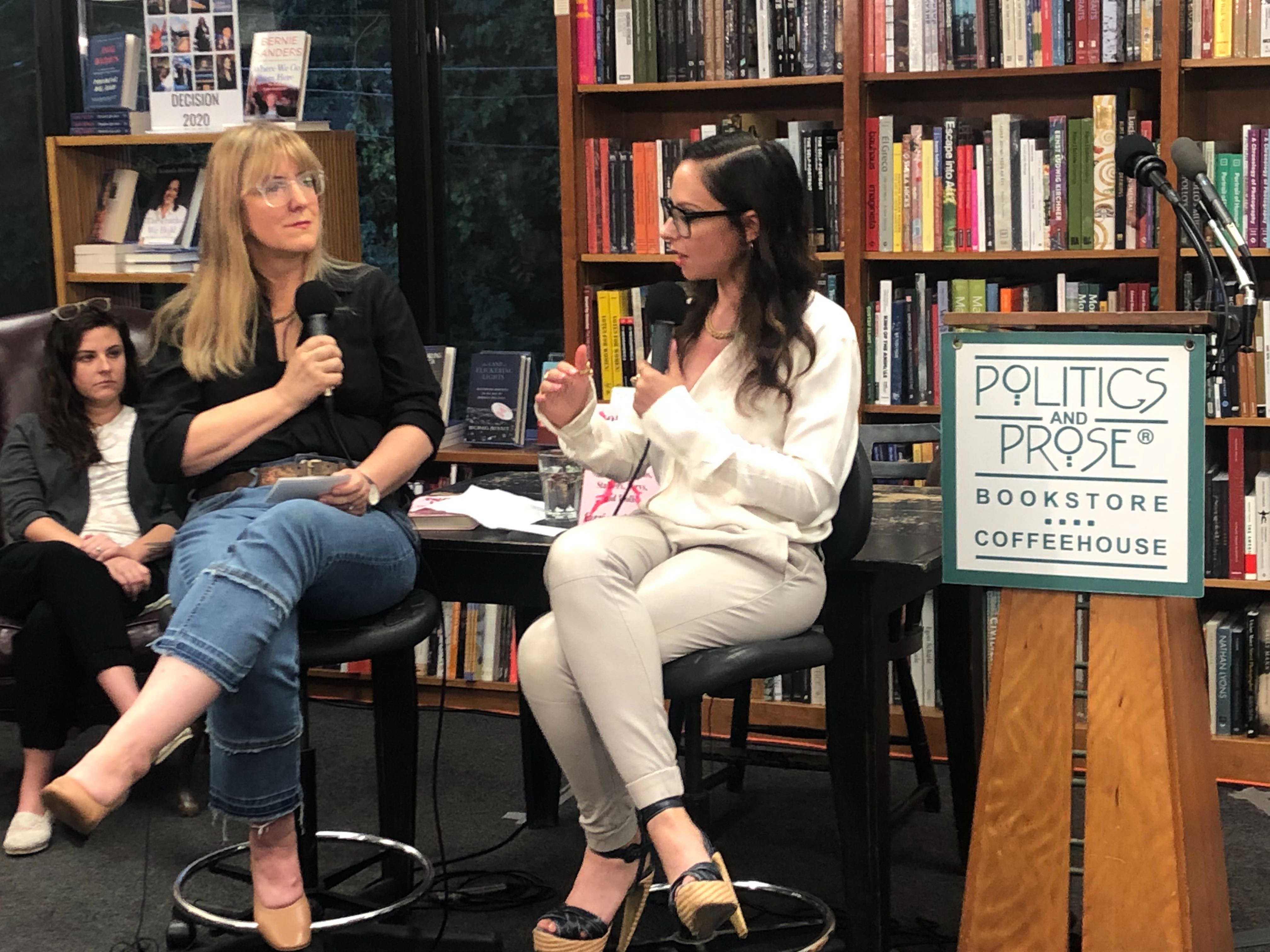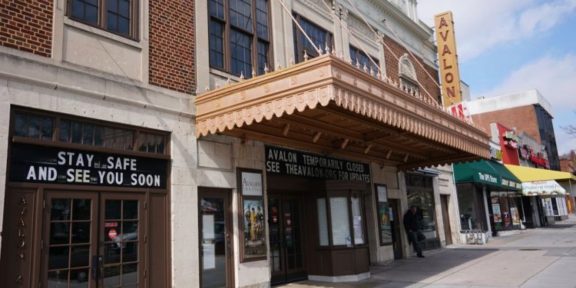From peace protests to police intervention, the occupy movements in a number of major cities across the nation have seen successes and failures. The thousands of protestors, whose primary mission is to improve the nation’s economic structure, could soon include some local high schoolers.
The Occupy MoCo? youth programs at Montgomery College in Montgomery County, Md. will be offered to high school students beginning in June. Some community members were left confused and a bit weary about the program, and according to Elizabeth Homan, the communications director at Montgomery College, some changes in the course description had to be made.
“The Occupy MoCo class is not political, and Montgomery College is not advocating any stance on the Occupy movement,” Homan said. “Our class provides a moderated and enriching environment for learning, where we develop the skills of reading, writing, discussion and critical thinking for high school honors students.”
Despite criticism, Homan says that the feedback the college received through emails and phone calls about the program is essentially what the class is all about: sharing opinions and hearing voices.
The program is just one of over 50 youth programs that the three campuses– in Rockville, Germantown and Takoma— offer to youth students in the summer.
Most youth programs offered at the community colleges range in subjects like art, with the Arts and Crafts Around the World and Beyond program; science, with the Chemical Wizardy program; athletics, with the Germantown Baseball program, and other subjects that most youth enjoy as hobbies or interests.
However, the name Occupy Moco does not put a restriction on the content that is planned to be discussed in the summer program. In fact, the name was thought of to draw attention to the course, a successful attempt.
“In describing our youth classes, we have traditionally selected names that attract attention to encourage both students and parents to review the class content and sign up,” said Homan. “The Occupy MoCo class attracted more than the usual amount of attention.”
According to the course description and Homan, students enrolled in the Occupy MoCo summer course will explore the historical side of the media and the messages portrayed throughout history. Students will also examine current events, including but not limited to the Occupy movements, and apply critical thinking when analyzing protests and other forms of citizen speak outs.
Homan says “it is also designed to to consider grassroots leadership as a process.”
It is still undetermined whether or not the class will be in effect in the summer. The course requires at least six students to register and has a capacity of 15 students in the class.

